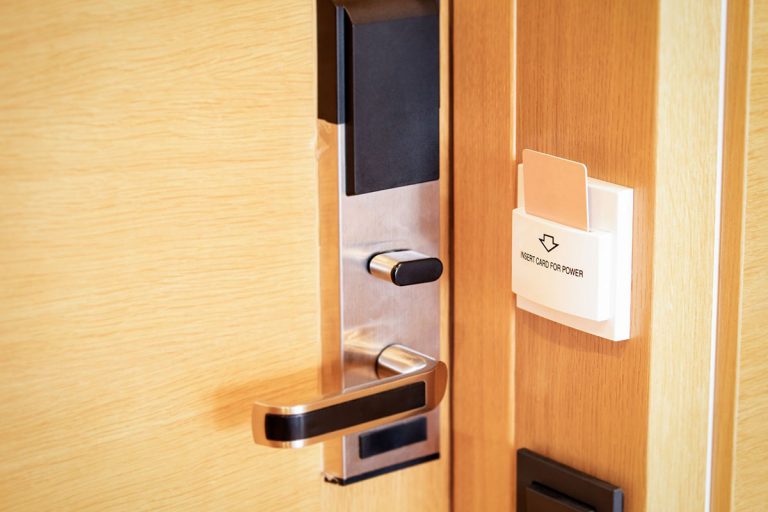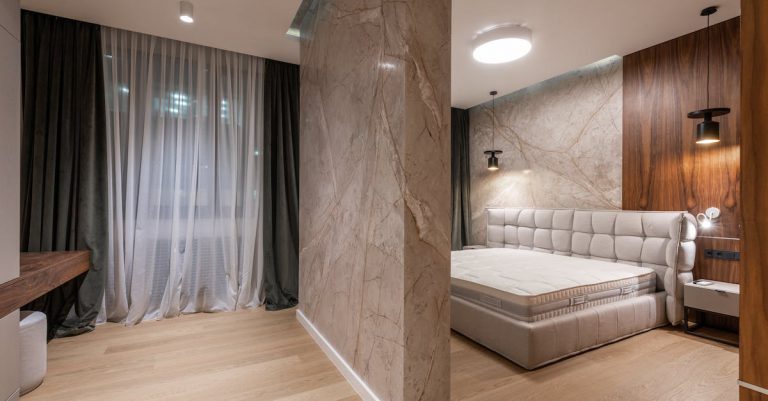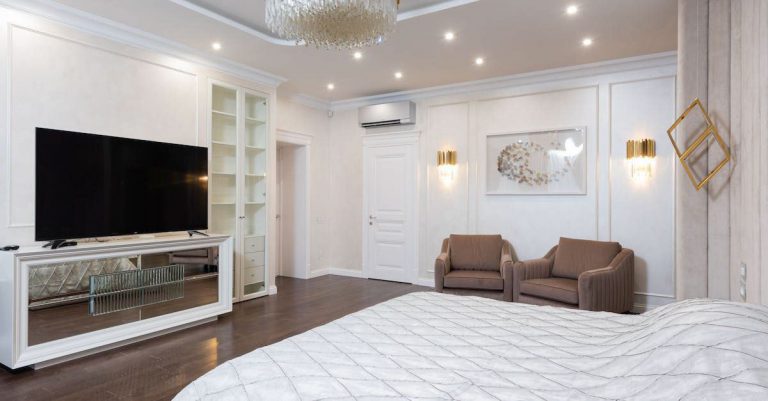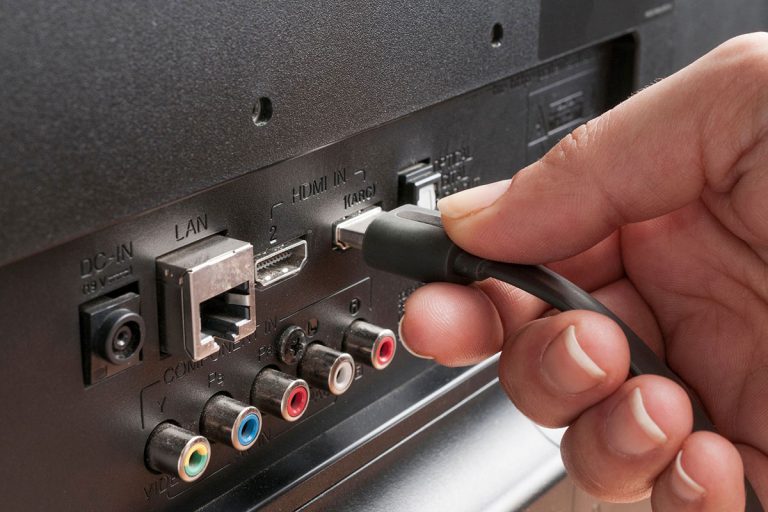Want to book a hotel but not sure if you meet the minimum age requirements? Age policies for renting hotel rooms can vary based on brand, location, and local laws.
If you’re in a hurry, the typical hotel room rental age is 18 or 21 in most places, but exceptions apply case-by-case.
This comprehensive guide covers everything you need to know about minimum rental ages at hotels. We’ll overview standard policies, explain age requirement factors, look at options for younger renters, and help you book rooms worry-free.
Typical Hotel Room Rental Age Requirements
When it comes to renting a hotel room, age requirements can vary depending on the hotel’s policies and local regulations. In this article, we will explore the typical age requirements for hotel room rentals.
Age 18 is Common at Many Hotels
At many hotels, the minimum age to rent a hotel room is 18. This is great news for young travelers who want to explore new places and have their own space. However, it’s important to note that some hotels may require a parent or guardian to co-sign the rental agreement if the guest is under 21. This policy is in place to ensure the safety and well-being of all guests.
- Many hotels do require guests to be 18 or older to check in. This is likely for liability reasons, as people under 18 are still legally minors.
- Some hotels allow guests as young as 16 or 17 to check in, but may require extra paperwork from parents/guardians. Other hotels are more flexible with ages.
- The minimum age can vary based on the hotel’s location, star rating, target customer base, local laws, and specific policies. Luxury and upscale hotels are more likely to strictly enforce an 18+ rule.
- While 18 is a common minimum age, it is not universally applied at all hotels. Families traveling with children under 18 can often still find accommodations if they call ahead and check policies. Some hotels even cater specifically to younger travelers.
- Hotels may make exceptions to the minimum age rule at their own discretion, especially for guests 16-17 with parental permission. But 18 remains a very standard baseline age requirement.
So in summary, 18 is common but not ubiquitous as a minimum age at hotels. Policies differ and families with younger children still have lodging options available in many cases. Hotels ultimately set their own rules based on business needs and legal obligations.
It’s always a good idea to check with the specific hotel you plan to stay at to confirm their age requirements. This information can usually be found on their website or by contacting their customer service directly.
Age 21 Minimums Found Near Casinos and Bars
While many hotels have a minimum rental age of 18, certain establishments near casinos and bars may have stricter policies. This is often due to local laws and regulations that aim to prevent underage drinking and gambling. In these areas, the minimum age to rent a hotel room is typically 21.
- Legal drinking age in the U.S. is 21. Hotels want to discourage underage drinking in their rooms or on their premises.
- Casinos and bars do not allow people under 21 to enter due to gambling and drinking age laws. Hotels associated with these businesses generally align their policies.
- Hotels may wish to appeal to the target customer base of adults interested in casino gaming and nightlife options. Catering to families with children is not their priority.
- Travelers 21+ are more likely to appreciate amenities like minibars, cocktails, adult entertainment and higher-end features. Younger guests may not be the ideal market.
- Security and reputation concerns also come into play for hotels in party-type environments. Limiting guests to 21+ reduces risks.
So while not universal, it is very understandable that a minimum age of 21 is widely enforced at hotels adjacent to casinos and nightlife districts. The location and local laws necessitate stricter age policies in these cases.
International and Local Law Impact Policies
It’s important to consider that hotel room rental age requirements can be influenced by both international and local laws. For instance, in many countries, the legal drinking age is 18 or 19, and hotels may align their policies accordingly. On the other hand, some countries may have more stringent age requirements due to local regulations.
A hotel’s minimum age policy is often heavily influenced by international and local laws, not just the hotel’s own discretion. Some examples of how laws impact hotel age restrictions:
- In the U.S., strict enforcement of 21+ due to local drinking age laws and liability concerns.
- In some countries, minors under 18 cannot legally enter into contracts. This makes enforcing 18+ prudent for hotels.
- In the European Union, 18 is the drinking age, so allowing 18+ is reasonable for hotels there.
- In some Asian countries like Singapore, legal ages for gambling range from 18 to 21. Nearby hotels align policies.
- Local laws may have curfews regarding minors, which shapes hotel policies on allowing underage guests.
- Some areas require parental consent for lodging minors, which hotels must abide by.
- Local regulations may require extra security, chaperones, or notifications around underage guests.
When traveling abroad, it’s essential to familiarize yourself with the local laws and regulations regarding hotel room rentals. This information can usually be found on government websites or by reaching out to the local tourism board. By doing so, you can ensure a smooth and hassle-free stay during your travels.
Why Age Policies Differ from Hotel to Hotel
When it comes to the minimum age to rent a hotel room, different hotels have different policies in place. This is primarily due to a variety of factors that influence these age restrictions. Understanding why age policies differ from hotel to hotel can help travelers plan their accommodations accordingly.
Location and Local Laws
One of the main reasons why age policies vary is due to the location of the hotel and the local laws that govern it. In some areas, there may be legal restrictions on the minimum age to rent a hotel room. For example, certain cities or regions may have laws that require individuals to be at least 21 years old to book a room. This is often the case in areas where there are higher rates of alcohol-related incidents or where the hotel may be located near a casino.
- Brand standards – Hotel chains often have brand-wide policies. A Motel 6 may be more permissive than a Ritz-Carlton.
- Target market – Boutique hotels catering to couples may prefer 21+, while properties catering to families may welcome all ages.
- Ownership – Independently owned hotels set their own rules based on preferences.
- Location – As mentioned, hotels adjacent to casinos or nightlife will often have stricter policies than subturban hotels.
- Management – The general manager of a property may choose to be more flexible or strict compared to similar hotels nearby.
- Compliance – Some hotels take legal compliance more conservatively than competitors.
- Amenities – Properties with lots of adult amenities (minibars, balconies, pools, etc) may not want underage guests.
- Insurance – Age limits may be imposed as part of liability insurance coverage requirements.
So in summary, a wide variety of factors related to brand, ownership, location, amenities, and risk influence each hotel’s age policy decisions. That’s why identical hotels side-by-side could have very different rules. It comes down to philosophy, target audience and legal strategy.
Hotel’s Target Audience
Another factor that plays a role in age policies is the hotel’s target audience. Some hotels cater to specific demographics, such as families or business travelers.
- Hotels catering to families and children are more likely to allow guests of any age, or have exceptions to allow younger travelers. Their facilities and staff accommodate younger guests.
- Business hotels that cater to business travelers may allow 16+ or 18+ to accommodate younger employees traveling for work.
- Hotels near amusement parks or other kid-friendly attractions tend to welcome families of all ages. They expect a youthful clientele.
- Romantic getaway hotels may prefer 21+ only to appeal to adult couples looking for a child-free relaxing escape.
- Hotels near casinos aim for adult clientele and enforce 21+ rules aligning with gambling age limits.
- Youth hostels or budget motels cater to younger travelers like backpackers and don’t have strict age limits.
So in short, the types of guests a hotel aims to attract highly influences minimum age policies. The rules help create an environment suited to the target audience. Families, couples, business travelers and tourists have different needs.
On-Site Amenities Like Casinos and Bars
Hotels that have on-site amenities like casinos, bars, or nightclubs often have stricter age policies in place. This is to comply with legal requirements and to maintain a safe and responsible environment for their guests. These types of amenities typically have age restrictions imposed by local laws to prevent underage individuals from accessing them.
If you are unsure about the age policy of a specific hotel, it is always best to contact them directly or visit their official website for more information.
Booking Strategies for Younger Renters
Booking a hotel room as a young traveler can sometimes be a bit challenging. Many hotels have minimum age requirements that must be met in order to rent a room. However, there are several strategies you can use to increase your chances of finding accommodations, even if you’re under the typical age limit.
Call Ahead to Double Check Policies
One of the best strategies for younger renters is to call the hotel ahead of time to double check their age policies. While some hotels may strictly enforce their minimum age requirement, others may be more flexible, especially if you can provide a valid ID or have a credit card in your name. You can also inquire about any additional requirements or restrictions that may apply to younger renters.
Book with Adult Co-Occupants
Another effective strategy is to book the hotel room with adult co-occupants. Many hotels allow younger guests to stay in a room if they are accompanied by an adult. This can be a parent, guardian, or older sibling. By having an adult present during your stay, you can overcome the age restrictions and enjoy a comfortable stay at the hotel.
Leverage Chain-Wide Age Requirements
Some hotel chains have chain-wide age requirements that are lower than the minimum age set by individual hotels. This means that even if a specific hotel has a higher age limit, you may still be able to book a room at another hotel within the same chain. This can be a great option for younger renters who want to stay at a specific hotel brand but may not meet the age requirements at every location.
Remember, each hotel has its own policies regarding minimum age requirements for renting a room. It’s important to research and understand these policies before making a reservation. By employing these booking strategies, you can increase your chances of finding suitable accommodations as a younger traveler.
Providing Identification and Verification
When it comes to renting a hotel room, providing proper identification and verification is a crucial step in ensuring a safe and secure stay for both guests and hotel staff. Hotel policies vary, but most establishments require guests to present a valid photo ID at check-in.
Valid Photo ID Needed at Check-In
Hotels typically require guests to present a valid photo ID, such as a driver’s license or passport, upon check-in. This is done for several reasons. Firstly, it helps confirm the guest’s identity and ensures that they are the person who made the reservation. It also helps prevent fraud and protects both the hotel and the guest from any potential legal issues.
Additionally, hotels may also use the information from the guest’s ID to verify their age. This is particularly important when it comes to determining whether the guest meets the minimum age requirement to rent a hotel room.
Age Verified Against Minimum Requirements
Each hotel has its own minimum age requirement for renting a room. This requirement is put in place to ensure that guests are mature enough to handle the responsibilities and potential risks that come with staying in a hotel. The minimum age requirement varies from hotel to hotel, but it is typically around 18 or 21 years old.
When a guest presents their ID at check-in, the hotel staff will verify their age by checking the date of birth on the ID. If the guest meets the minimum age requirement, they will be allowed to proceed with the check-in process. However, if the guest is underage, they may be denied the room and asked to provide alternate accommodations.
Underage Without ID Won’t Be Allowed to Check-In
If a guest is underage but unable to provide a valid ID, they will generally not be allowed to check-in to a hotel room. This policy is in place to ensure compliance with legal requirements and to prioritize the safety and security of all guests.
It’s important to note that these policies are in place for the well-being of both guests and hotels. By following these procedures, hotels can maintain a safe and secure environment for all their patrons.
Also Read: How to Check into a Hotel without ID?
Getting Parental Consent for Teenage Room Rentals
When it comes to renting a hotel room, the minimum age requirement can vary depending on the hotel’s policy and the country or state regulations. In many cases, hotels require guests to be at least 18 years old to rent a room. However, for teenagers who are under the age of 18, there are options available to obtain parental consent and still enjoy a comfortable stay.
Many Hotels Require Parental Authorization Forms
To accommodate teenage guests, some hotels have implemented a policy where parental consent is required. This means that if a teenager wishes to rent a hotel room, they will need to have a parent or guardian sign an authorization form. This form typically includes details such as the name and contact information of the parent, the dates of the stay, and any additional terms or conditions set by the hotel. Hotels may also request a copy of the parent’s ID for verification purposes.
It’s important to note that not all hotels have this policy in place, so it’s essential to check with the specific hotel beforehand. Additionally, some hotels may have age restrictions that are higher than the minimum legal age requirement, so it’s always a good idea to inquire about their policies in advance.
Parents Can Book and Check-In on the Minor’s Behalf
Another option for teenagers who want to rent a hotel room is for their parents to make the reservation and check-in on their behalf. This allows parents to take responsibility for the rental agreement and any associated fees. In this case, the parent will need to provide their own identification and credit card for the reservation, and they will be the main point of contact for the hotel.
This option can be a convenient solution for families who want to give their teenage children some independence while still ensuring their safety and well-being during their stay. It’s worth noting that the hotel may require the parent to be present at check-in to verify their identity and provide consent.
Emancipated Minors May Have Exceptional Cases
Emancipated minors, who have legal independence from their parents or guardians, may have exceptional cases when it comes to renting hotel rooms. Emancipation is a legal process that allows minors to be treated as adults in certain circumstances. If a teenager is emancipated, they may be able to rent a hotel room without parental consent, depending on the hotel’s policies and local laws.
It’s important for emancipated minors to carry the necessary legal documentation, such as proof of emancipation, in case the hotel requires it. Additionally, it’s always advisable to contact the hotel in advance to confirm their policies regarding emancipated minors and any additional requirements they may have.
Remember, each hotel may have its own specific policies regarding renting rooms to teenagers. It’s always recommended to contact the hotel directly to inquire about their age requirements and any necessary parental consent forms.
Conclusion
While 18 or 21 are typical rental ages, every hotel has distinct age policies based on laws, location, and amenities.
Younger renters can successfully book rooms by calling ahead, adding adult guests, and coming prepared with valid ID.
Understanding and planning around age minimums ensures you can check-in hassle-free and enjoy your hotel stay regardless of age.






